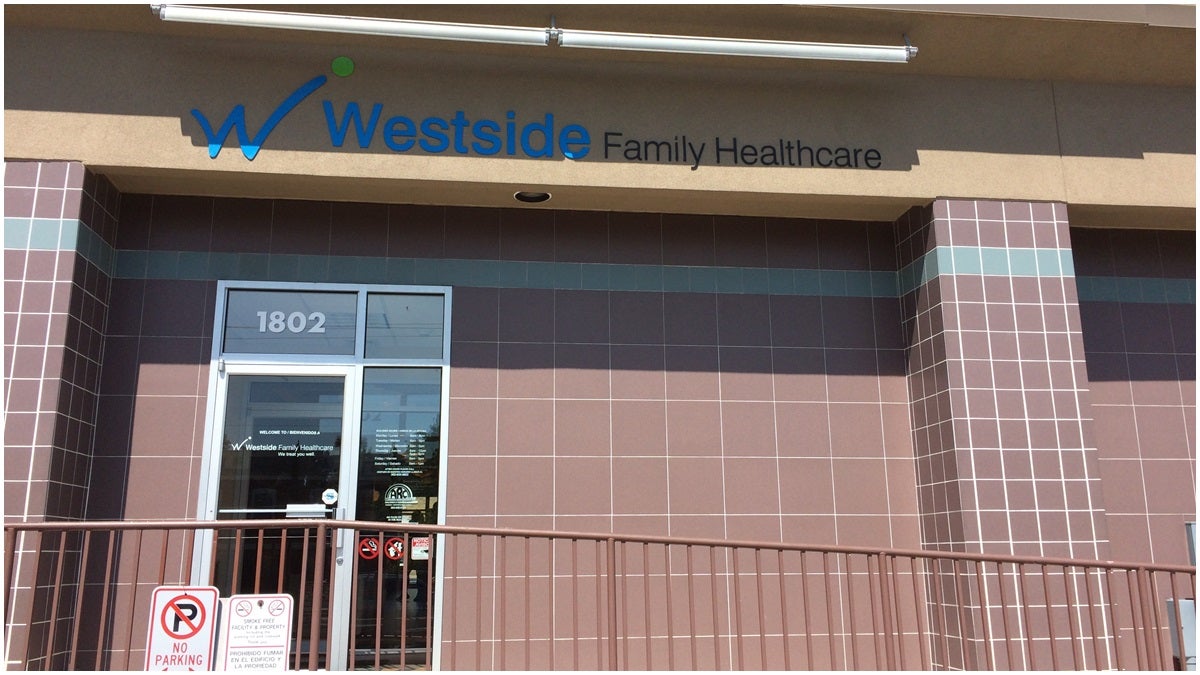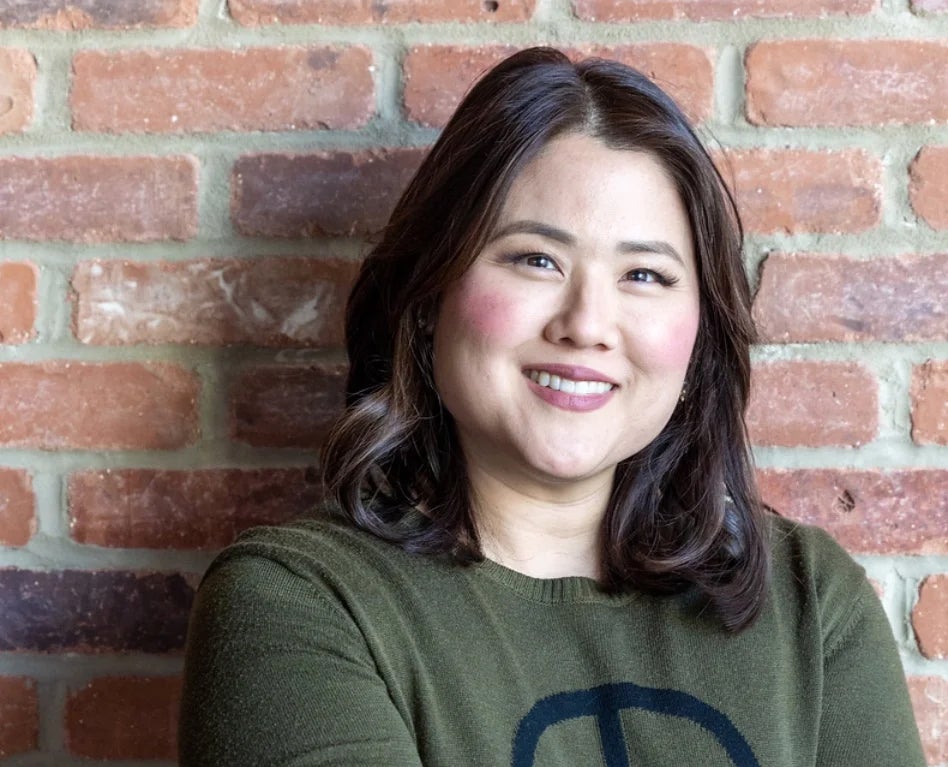New program increases access to health care in Delaware

(Shirley Min/WHYY)
A partnership between Christiana Care Health System and Westside Family Healthcare is expected to increase access to care for Delaware’s underserved populations.
Through the family medicine residency program, medical residents will be embedded as primary care providers at Westside Family Healthcare. The largest community health center nonprofit in the state, Westside has six locations in New Castle and Kent Counties.
“After several years in the making, Westside is thrilled to launch this new partnership with Christiana Care,” said Lolita Lopez, president and CEO of Westside Family Healthcare.
Lopez said she has had residents before, but this program is different because the doctors will be there for at least three years, as opposed to just several weeks at a time. A family medicine resident is a doctor who has finished medical school, but must first finish a 3-year training program, called a residency, before becoming board certified.
“They’ll be able to establish their own panel of patients, they’ll be able to get to know families, they’ll see children grow. And the continuity is the key to getting them really well-prepared to take care of families in communities of need,” Lopez said.
And the need is great. Lopez said Westside sees about 400 new patients a month across all of its sites. “To keep up with the demand, it’s very, very difficult, so that’s why this pipeline of training is critical.”
Physicians trained in community health centers are more than three times as likely to work in a health center and more than twice as likely to work in an underserved area compared with those not trained at health centers, according to research by the U.S. Health Resources and Services Administration.
Dr. Neil Jasani is the Chief Learning Officer at Christiana Care. He said Delaware is leading the pack with this innovative partnership.
“What makes it first-of-its-kind is that it’s the partnership between an existing program and a federally-qualified health care center. There are training programs that are just set in federally-qualified health care centers. There are certainly training programs that are just set within a hospital setting. And this is one where we’ve partnered to allow the options for both,” said Jasani, who expects to see more of these types of programs and partnerships emerge nationwide.
“I think it’s a natural fit for people who select family medicine, they’re choosing that to begin with because they want to be in a primary care setting. Most of them feel very strongly about underserved populations and taking care of a community, so i think it’s going to become very popular,” Jasani said.
“It feels really special and it really hits home that this is really special for us,” said LeeAnn Tanaka, a resident in her third year at Westside. “I get to see newborns, I get to see pregnant women, I get to do well-women visits, I get to see older patients and geriatrics. I really like all parts of medicine, so for me it worked out really nicely to be able to do a little bit of everything.”
Tanaka is one of three “guinea pigs.” The other two residents taking part in the family medicine residency program are 29-year-old Mukarram Razvi and 27-year-old Victoria Shertel.
Community health centers collectively care for more than 25 million patients a year and save nearly $24 billion in health care costs.
WHYY is your source for fact-based, in-depth journalism and information. As a nonprofit organization, we rely on financial support from readers like you. Please give today.


